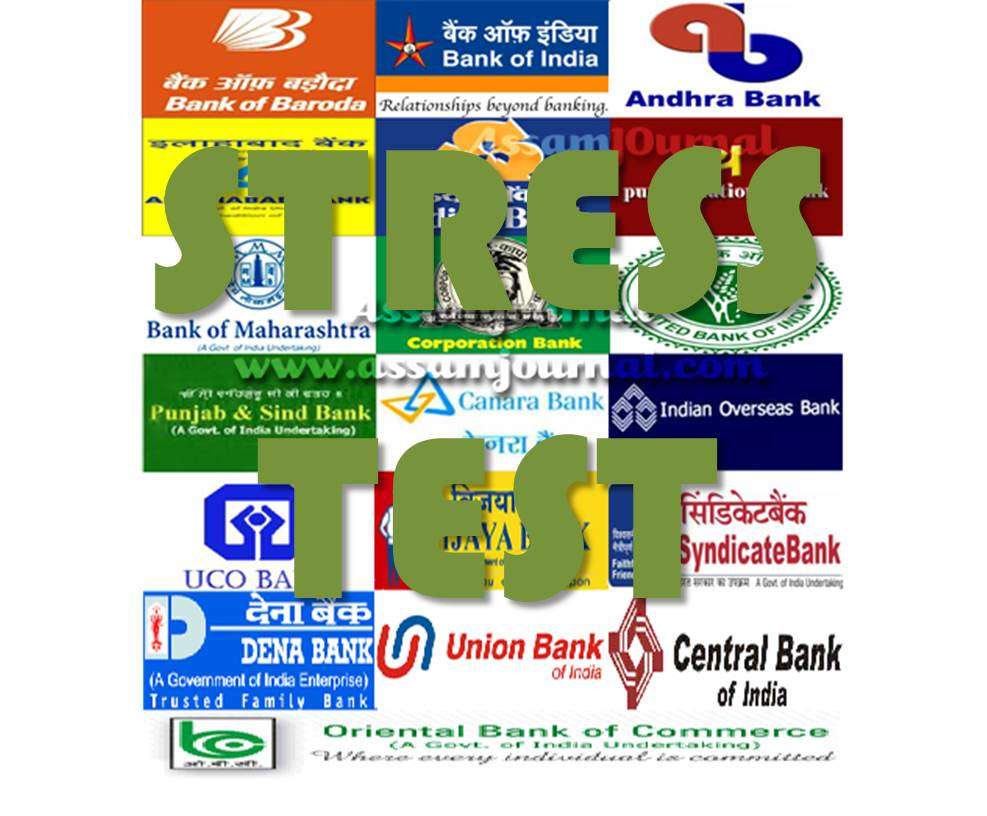Stress Test in stressed times - RBI says that Indian Banks are in position to manage liquidity in severe scenarios
The annual report of the Reserve Bank of India was published today. One of the important mentions made in light of the current economic and health condition in India today, was that of capital sufficiency of banks.
The RBI, in its Annual report for 2020-21 has said that Indian Banks have sufficient capital at the aggregate level in a severe stress scenario.
As per the report, the Department, as a part of its agenda for 2020-21 had set out to strengthening the stress testing framework / methodology by incorporating evolving best practices. Latest international practices were reviewed. Possible channels of feedback in the macro-stress environment were identified towards strengthening the stress testing framework.
In 2020, the RBI instructed six months moratorium for all term loan borrowers in the wake of Covid impact on borrowers. While the moratorium provided immediate relief to stressed borrowers, it also helped banks to avert an immediate spurt in bad loans.
The waiving of interest on interest charged on loans during moratorium period (March 1, 2020 to August 31, 2020) may also impinge on lending institutions’ finances. They are, however, better positioned than before in managing stress in balance sheets in view of higher capital buffers, improvement in recoveries and a return to profitability.
Macro stress tests indicated deterioration in Scheduled Commercial Banks’ (SCBs) asset quality and capital buffers under adverse scenarios. The regular macro-stress testing framework of the Department was augmented to capture the underlying state of banks’ portfolios under the cover of regulatory forbearances.
Several initiatives were taken to strengthen identification of vulnerable SEs and ensure immediate follow-up on the identified vulnerabilities.
Macro-stress testing exercise for banks follows a top-down approach and includes credit risk stress test (using three panel data econometric models linking the real and financial sectors), a reverse stress test to assess liquidity risk, a new stress test to analyse large exposures at the system level, and a new duration-based stress test for interest-rate risk (IRR) that incorporates stress to the loan book as well as the trading book.
Stress testing analysis for NBFCs is based on single factor sensitivity analysis to assess the resilience of the sector to shocks in different types of risk. Resilience to shocks in credit risk, credit concentration risk, sectoral credit risk, liquidity risk and market risk are assessed.
Stress testing methodology adopted for UCBs is also based on single factor sensitivity analysis. This framework covers models for assessing resilience against shocks to credit risk, concentration risk, interest rate risk that incorporates stress to the loan book as well as the trading book, in addition to liquidity stress test based on LCR method.
Quarterly proactive off-site vulnerability assessment exercises are carried out for banks, NBFCs, SFBs and UCBs using the tool kits like data analytics, early warning systems, identifi cation of vulnerable borrowers, stress testing, vulnerability on cyber security parameters and through different thematic analysis.
The development of a stress testing framework is serving as an additional tool for monitoring, and would be taken up post completion of the review of the risk tolerance framework for the concerned business departments.
One of the major goals for supervision of UCBs in 2021-22 is Strengthening Early Warning Systems and stress testing framework for the UCBs.
- UCBs will also be subject to the following supervision goals of the RBI this year:
- Conduct IT/Cyber Security examination of scheduled UCBs
- Developing the risk-based approach for KYC/AML supervision of select UCBs
- Strengthening Early Warning System and stress testing framework for UCBs
Roll out of IT Examination for select UCBs
To join us on Facebook Click Here and Subscribe to UdaipurTimes Broadcast channels on GoogleNews | Telegram | Signal



